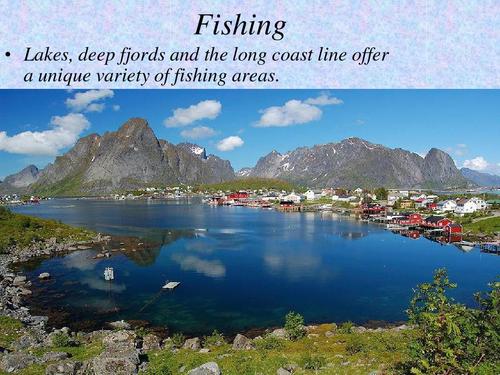Wetlands Introduction in English

Wetlands are areas of land which are covered in shallow water, typically shallow coastal waters or seasonally flooded areas. They are often rich in plants and animals, and provide a home for a wide variety of species. Wetlands also serve many economic and environmental functions, providing benefits to society such as food, water, protection from flooding, habitat, and carbon storage.
Wetlands have been recognized as a valuable asset, and efforts have been made to preserve and conserve them. The Ramsar Convention, an intergovernmental agreement, is dedicated to the conservation and sustainable use of wetlands worldwide. This treaty outlines the need for countries to understand the importance of wetlands and protect them accordingly.
The dominant vegetation type of wetlands is generally aquatic, and may include emergent grasses and sedges, mosses and liverworts, and floating and submerged aquatic plants. The characteristics of the wetland vegetation depend on the water regime and other environmental factors.
Wetland vegetation is usually highly adapted to the watery environment and has specialized structures to survive in the shallow water. Furthermore, wetland soils are unique and characterized by their high organic content, which can reach up to 90% in some cases.
Animals are an important part of the wetland ecosystem. Amphibians, fish, insects, mammals, and birds depend on the wetland environment for their habitat and food. Many species of birds also use wetlands for nesting and migrations.
Many societies also benefit from wetland services. Wetlands can store water during times of plentiful rainfall, slowly releasing it when times are dry. Similarly, wetlands can act as barriers to floods, preventing soil erosion and protecting communities from the worst impacts of floods.
Wetlands also play a role in the carbon cycle, trapping and storing carbon dioxide and consequently mitigating climate change. A recent study found that wetlands store three times more carbon than rainforests, making them invaluable in the fight against global warming.
In conclusion, wetlands are a valuable natural resource with both ecological and economic significance. Governments and organizations must continue to work together to protect and conserve wetlands, and recognize the vital importance they play in modern society.
原创文章,作者:启动,如若转载,请注明出处:http://www.manqiuny.com/show_9927.html

